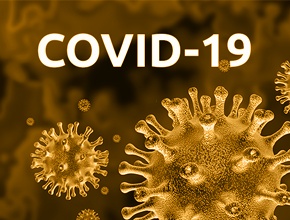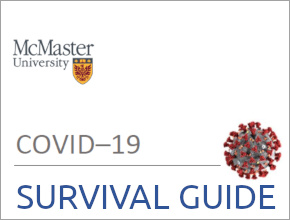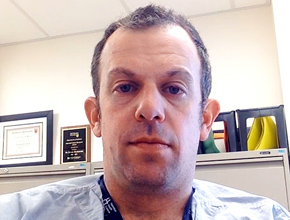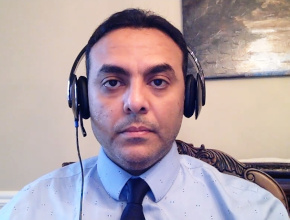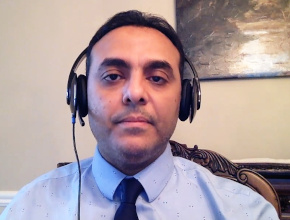Dr Roman Jaeschke, professor in the Departments of Medicine and of Health Research Method, Evidence and Impact, physician lead of the Critical Care Response Team at St Joseph’s Healthcare Hamilton, and editor in chief of the McMaster Textbook of Internal Medicine, considers fundamental questions regarding treatment of coronavirus disease 2019 (COVID-19).
Roman Jaeschke, MD, MSc: Good morning. Welcome to another edition of McMaster Perspective. This is slightly unusual, because I’m recording this interview with myself.
Over the last few weeks we have all become experts in coronavirus disease 2019 (COVID-19). It takes an extraordinary amount of time and effort. I’m getting a lot of questions regarding treatments, prevention, treatment of mild cases, treatment of severe cases. I’m interviewing my interlocutors about these issues and I plan to ask a number of people a few questions. I’ve decided to present my own views in this area before I interview them, even though I’m planning to stay neutral.
Those questions will be as follows:
1) Is there any specific treatment for COVID-19 that has reached a threshold where we should suggest its use on a wider scale? My answer as of April 14, 2020, is no.
2) Should we use any of those treatments outside of randomized controlled trials (RCTs)? My opinion is that we should not.
On the other hand, I understand there are people who feel very strongly about using specific medications. Considering emotional, psychological, moral, and cultural circumstances, if a clinician and a patient together decide to take the risk and use medications with no proven efficacy, I do not believe there are moral or ethical rights that should clearly prevent them from doing so. There may be some administrative, legal, or organizational barriers, and certainly access-related barriers. Nevertheless, if there is honesty and exchange of adequate information, then different people make different decisions when presented with the same set of facts.
There is also a notion that not using anything, any specific medication, is unethical these days. While disagreeing with this, I would still say there are options that are being actively pursued. For example, there is a concept that we’ll talk more about later of adaptive trial designs, where people may be simultaneously randomized to a number of interventions, even 4 or 5, including antimalarials, antibiotics, immunomodulators, antivirals, and so forth, of which at least 1 is to be active, and in this case people will get something (ie, will receive at least 1 potential intervention).
I’m planning to pose these questions to a number of people. I will invite people who have different opinions. This is, however, as of this morning, April 14, my own McMaster perspective. Thank you for listening.
 English
English
 Español
Español
 українська
українська

